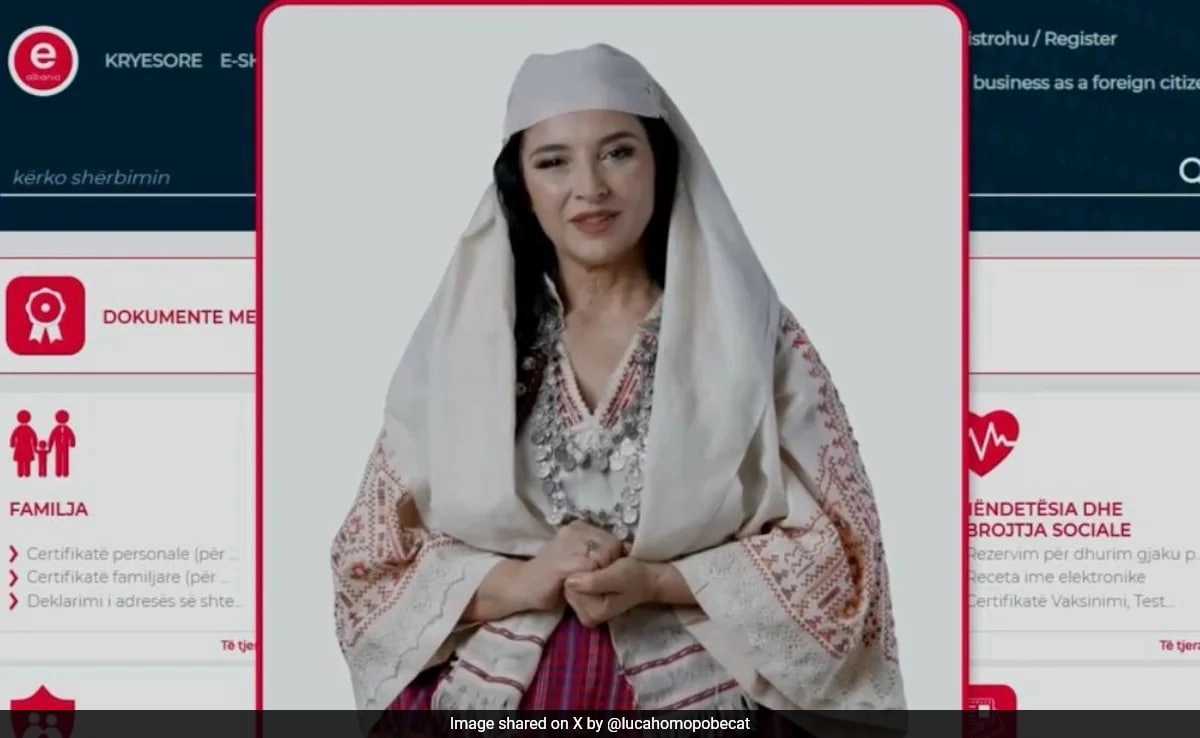In a groundbreaking move towards the intersection of technology and governance, the world’s first AI-generated minister, Diella, has been appointed with the ambitious goal of combating corruption. This innovative development represents a significant leap in the application of artificial intelligence in the political realm, as Diella is designed to analyze vast amounts of data, identify patterns of corruption, and propose actionable solutions. The decision to employ an AI as a minister reflects a growing recognition of the potential for technology to enhance transparency and accountability within governmental systems.
Diella’s algorithms enable her to sift through public records, financial transactions, and other relevant data to detect irregularities that may indicate corrupt practices. By employing machine learning techniques, she can continuously improve her capabilities, adapting to new trends and tactics employed by those seeking to exploit the system. This proactive approach aims not only to address existing corruption but also to prevent future occurrences by creating a more transparent environment. The implementation of an AI minister raises intriguing questions about the role of technology in governance and the extent to which it can contribute to ethical leadership.
The introduction of Diella also sparks a broader conversation about the implications of AI in decision-making processes. While her capabilities offer a promising avenue for enhancing governmental integrity, concerns about accountability and ethical considerations remain. How do we ensure that an AI, devoid of human emotion and moral judgment, makes decisions aligned with societal values? Moreover, the reliance on automated systems may inadvertently lead to a detachment from the human elements that are crucial in public service. As Diella embarks on her mission to curb corruption, it is essential to strike a balance between leveraging technology and maintaining the human touch in governance, ensuring that the needs and voices of the populace are not overshadowed by algorithms.
As the world watches closely, Diella’s performance will undoubtedly shape the future discourse on AI’s role in politics. Her success or failure could serve as a case study for other nations contemplating similar initiatives. If effective, Diella could pave the way for a new era of governance where technology serves as a powerful ally in the fight against corruption, fostering a political landscape that prioritizes integrity and transparency. The evolution of this dynamic between AI and public administration will be crucial in determining how societies adapt to and integrate technological advancements in their quest for good governance.




